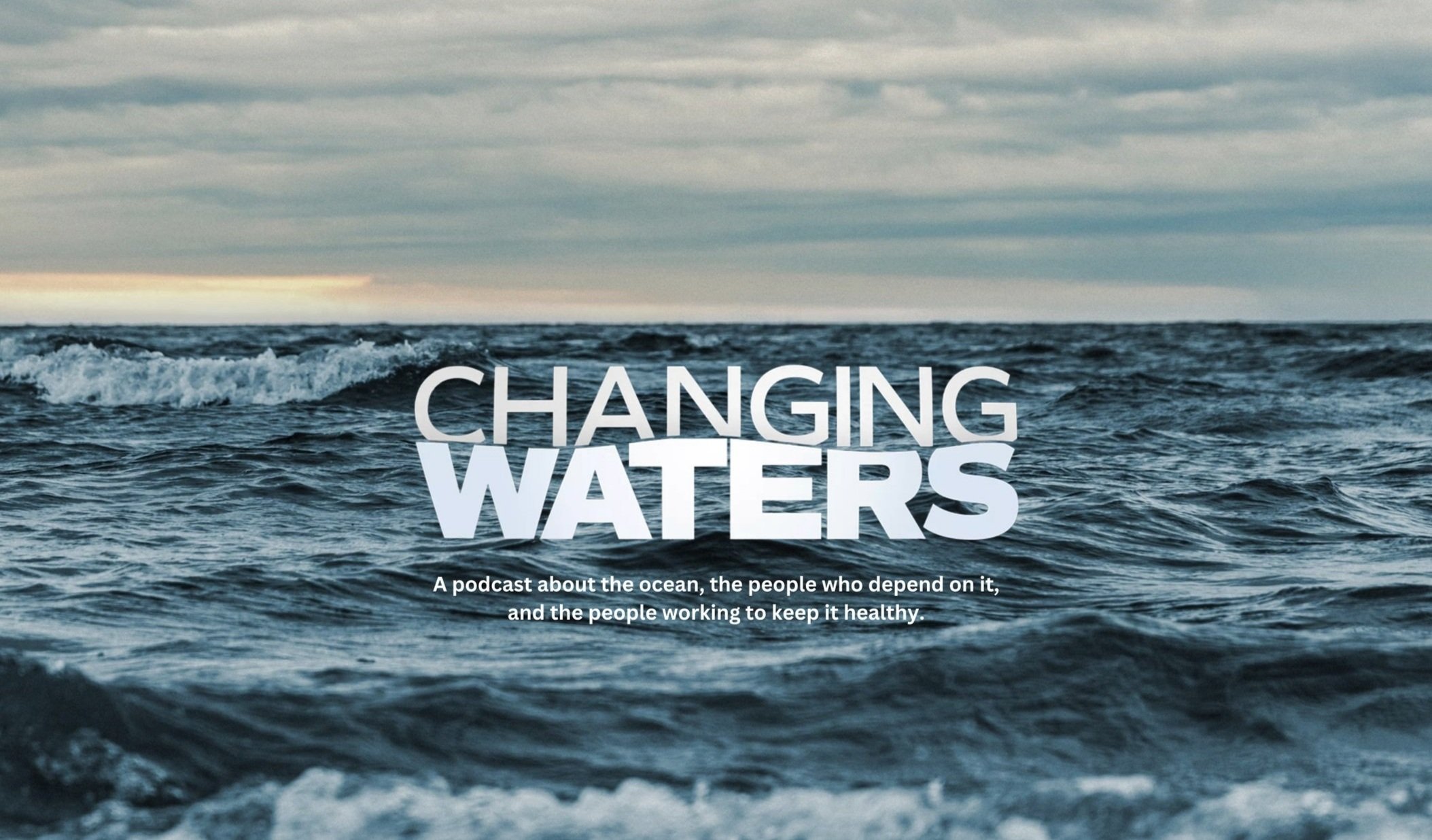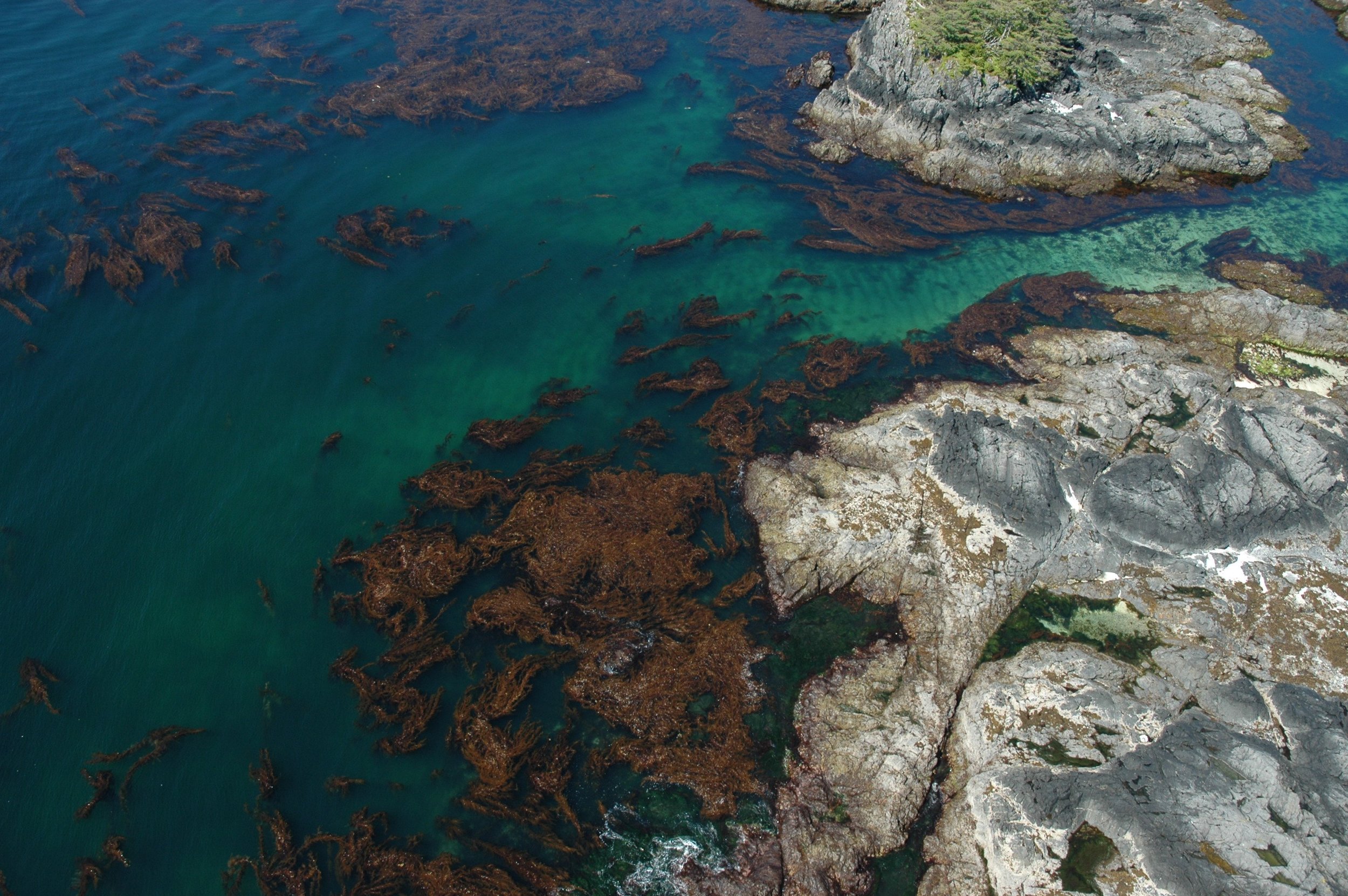
- September 2021
- August 2021
- May 2021
- April 2021
-
February 2021
- Feb 28, 2021 Celebrating the Life and Legacy of Thane Tienson
- Feb 18, 2021 Upending Global Hydrogen with Dr. Greg Rau
-
January 2021
- Jan 28, 2021 Deoxygenation and the Oceans in the UN with Dr. Lisa Levin
- Jan 19, 2021 Glen Spain, Part II: Freeing the Klamath River
- Jan 5, 2021 Glen Spain, Part I: The Fight for the Columbia River
- November 2020
-
July 2020
- Jul 21, 2020 The Kelp Crisis and the Miracle of Macroalgae
- February 2020
- November 2019
-
June 2019
- Jun 6, 2019 Dr. Ray Hilborn on Fisheries
-
February 2019
- Feb 20, 2019 Former President of Ireland, Mary Robinson
Celebrating the Life and Legacy of Thane Tienson
March 2021
Our friend, colleague, and ASPN host Thane Tienson died suddenly and tragically of a heart attack Jan. 28, 2021. On this episode, Peter Ravella and Tyler Buckingham are joined by Brad Warren and Greg Tozian to celebrate Thane’s life and his legacy as a person and devoted advocate for the fisheries, environment, and the indigenous peoples of the Pacific Northwest. Thane lived a remarkable life. He cared deeply about people, especially the little guys, and quietly and steadily devoted his professional skills to help others. He was a renowned environmental lawyer, admired throughout the Pacific Northwest, and is remembered for his unfailing generosity, superb storytelling and indelible courage.
Along with Brad, Thane co-founded the National Fisheries Conservation Center to protect PNW fisheries and together they created and co-hosted ASPN’s Changing Waters podcast on ASPN. Tozian, an author and playwright now in Tampa, was one of Thane’s dearest friends in Portland, Oregon. Thane leaves a coastal legacy of advocacy for the voiceless, especially for the environment, fishermen, and Native Americans.
The National Fisheries Conservation Center has set up a fund in Thane’s honor, which can be contributed to here. We’re going to miss Thane tremendously. He was a lovely man. You can read his obit here.
Upending Global Hydrogen with Dr. Greg Rau
February 2021
On this episode of the Changing Waters podcast, host Brad Warren speaks with Dr. Greg Rau of Planetary Hydrogen about using ocean chemistry to capture and store CO2, the toolkit for ocean carbon removal options, and why Greg thinks that the abiotic, natural chemistry of the ocean shows particular promise. Planetary Hydrogen is upending the global hydrogen market with the first scalable, truly carbon-negative form of hydrogen production. Their process converts greenhouse gases directly out of the air into an antacid for oceans damaged by climate change. This Ocean Air Capture (OAC) system is the first to be able to both remove the carbon dioxide that is causing climate change and to restore ocean chemistry.

Credit: Alaska ShoreZone Program NOAA/NMFS/AKFSC; Courtesy of Mandy Lindeberg, NOAA/NMFS/AKFSC.



